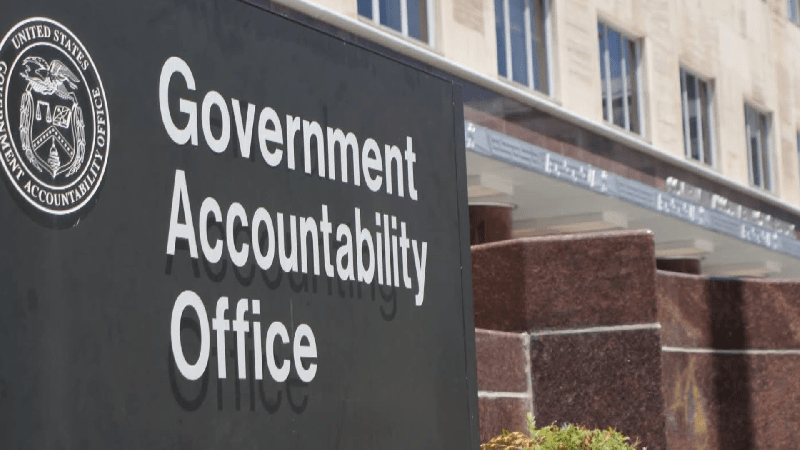
The Government Accountability Office (GAO) is pushing the General Services Administration (GSA) to share data that GSA is in the process of collecting on how Federal agencies are sizing up post-pandemic on-site workspace demand.
The COVID-19 pandemic forced much of the Federal workforce to work remotely, leaving many agencies’ facilities underutilized.

As pandemic conditions appear to be easing, GAO said in a new report that “the pandemic significantly altered the government’s office space needs and has it reconsidering the size and scale of its real property portfolio.”
GSA, which oversees the civilian Federal government’s real estate and facility requirements, sees “this as an opportunity to restructure that portfolio” and is “taking steps to make cost-effective decisions by collecting data on how often employees report to federal offices and what parts of the office they use,” GAO said.
However, GAO reported with some apparent dismay in its September 7 report that GSA is not planning to widely share its survey findings. The watchdog agency urged wider sharing of the information that it said can help Federal agencies better understand their future space needs.
GSA’s data collection efforts for office-space planning in a post-pandemic environment include:
- Pilot-testing technologies for collecting space utilization data – the number of employees in buildings on a daily or hourly basis (like tracking who enters the workspace using a badge, or how many people are connected to wi-fi service); and
- Collecting additional space utilization data at GSA-leased and federally owned properties.
Thirteen of the 24 Federal agencies GAO surveyed agreed that such data could be helpful, but all 24 agencies expressed concerns about the costs to collect data. Twenty of the agencies reported collecting limited or no space utilization data, according to GAO.
“By not planning to more broadly share this information, GSA is missing an opportunity to provide a clear understanding of how the potential costs of collecting such data could be outweighed by the long-term benefits, including potential cost savings from reductions in future annual rent, maintenance, and other operational costs,” GAO said.
GSA agreed with GAO’s recommendation to develop a plan to broadly share the workspace data with Federal agencies – including those that do not use GSA services – along with information learned from GSA’s pilots, and other space utilization data collection efforts.
